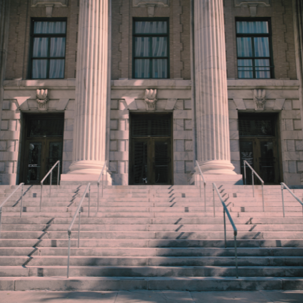The law protects your right not to confess to a crime, regardless of whether you reasonably believe that your actions fit the definition of the crime. Likewise, you have the right to a fair trial, in which the prosecution gives you access to all the evidence that could shift the outcome of the case in your favor and in which the only evidence that prosecutors present to the jury is evidence that was obtained fairly and in accordance with the law. In other words, the criminal process is designed to result in a fair outcome, even though, in practice, it does not always work that way, which is why it is so important to seek representation from a diligent and knowledgeable criminal defense lawyer.
If you intentionally or unintentionally interfere with the investigation or the preparations for trial, you could face additional charges for obstruction of justice besides your original charges. A Texas criminal defense lawyer can help you avoid mistakes that could lead to charges of obstruction of justice.
Different Types of Obstruction of Justice
The term “obstruction of justice” refers to a wide range of actions designed to stop police from gathering evidence in a criminal investigation or to stop jurors from seeing or hearing this evidence at trial. The exact definition of obstruction of justice varies slightly depending on whether your case is being tried in a state or federal court. The following actions can lead to accusations of obstruction of justice:
- Perjury – Perjury is when you lie under oath on the witness stand or during a sworn deposition. If you cannot answer a question truthfully under oath without incriminating yourself, you should plead the Fifth Amendment.
- Witness intimidation – Also known as witness tampering, this happens when a defendant tries to persuade a witness to refuse to testify or to provide false testimony.
- Destruction of evidence – This includes destroying physical property or aspects of the crime scene that could be used as evidence; it encompasses everything from burning the clothes you were wearing on the day of an alleged crime to flushing drugs down the toilet or burying a body in a remote location. Deleting computer files can also count as the destruction of evidence.
Other examples of obstruction of justice include attempting to persuade jurors to acquit you and lying to police during an investigation.
You can still be convicted of obstruction of justice, even if you did not realize that what you were doing was illegal. Therefore, working closely with a criminal defense lawyer as soon as you are arrested or find out that you are under investigation is your best protection against obstruction of justice charges. If you have already been charged with obstruction of justice on top of your other charges, a criminal defense lawyer can help you prepare the best defenses.
Contact the Law Office of Patrick J. McLain, PLLC About Criminal Defense Cases
A Dallas criminal defense lawyer can help you if you are being accused of obstruction of justice. Contact the Law Office of Patrick J. McLain, PLLC, in Dallas, Texas, to discuss your case.

